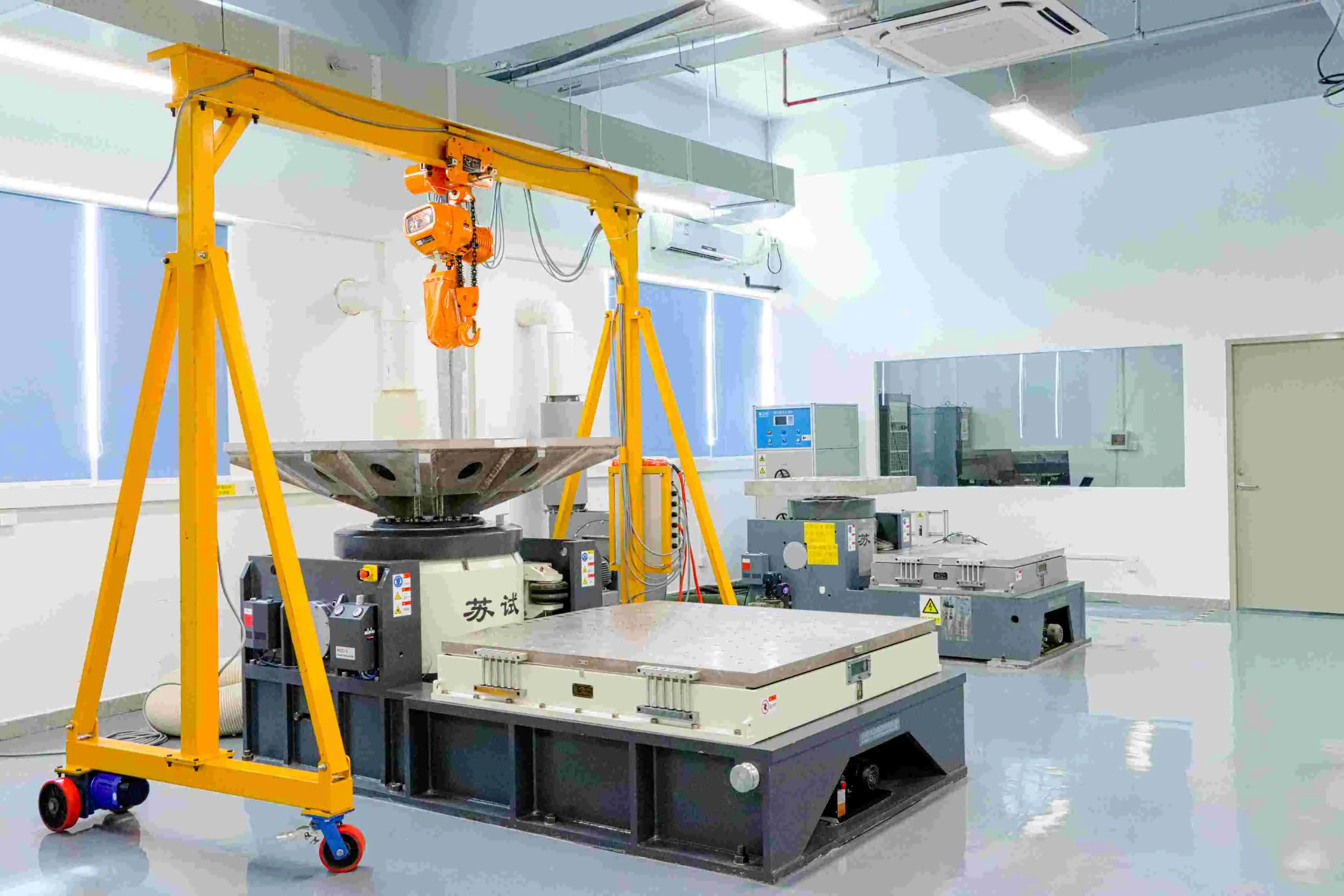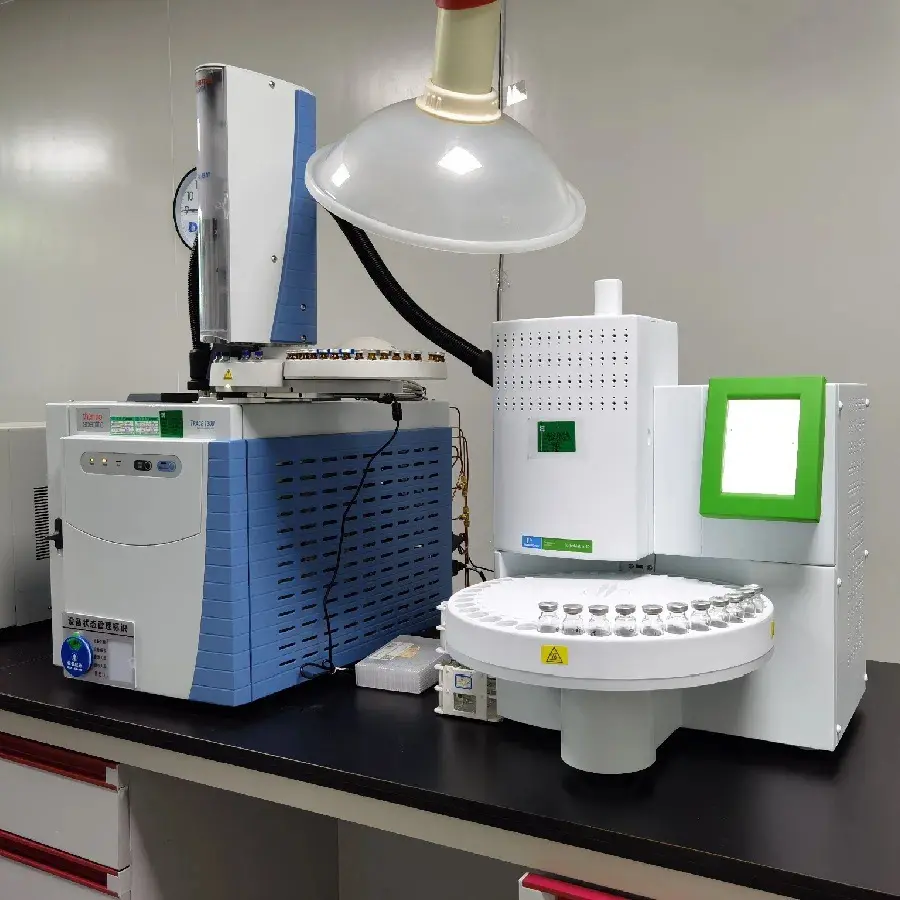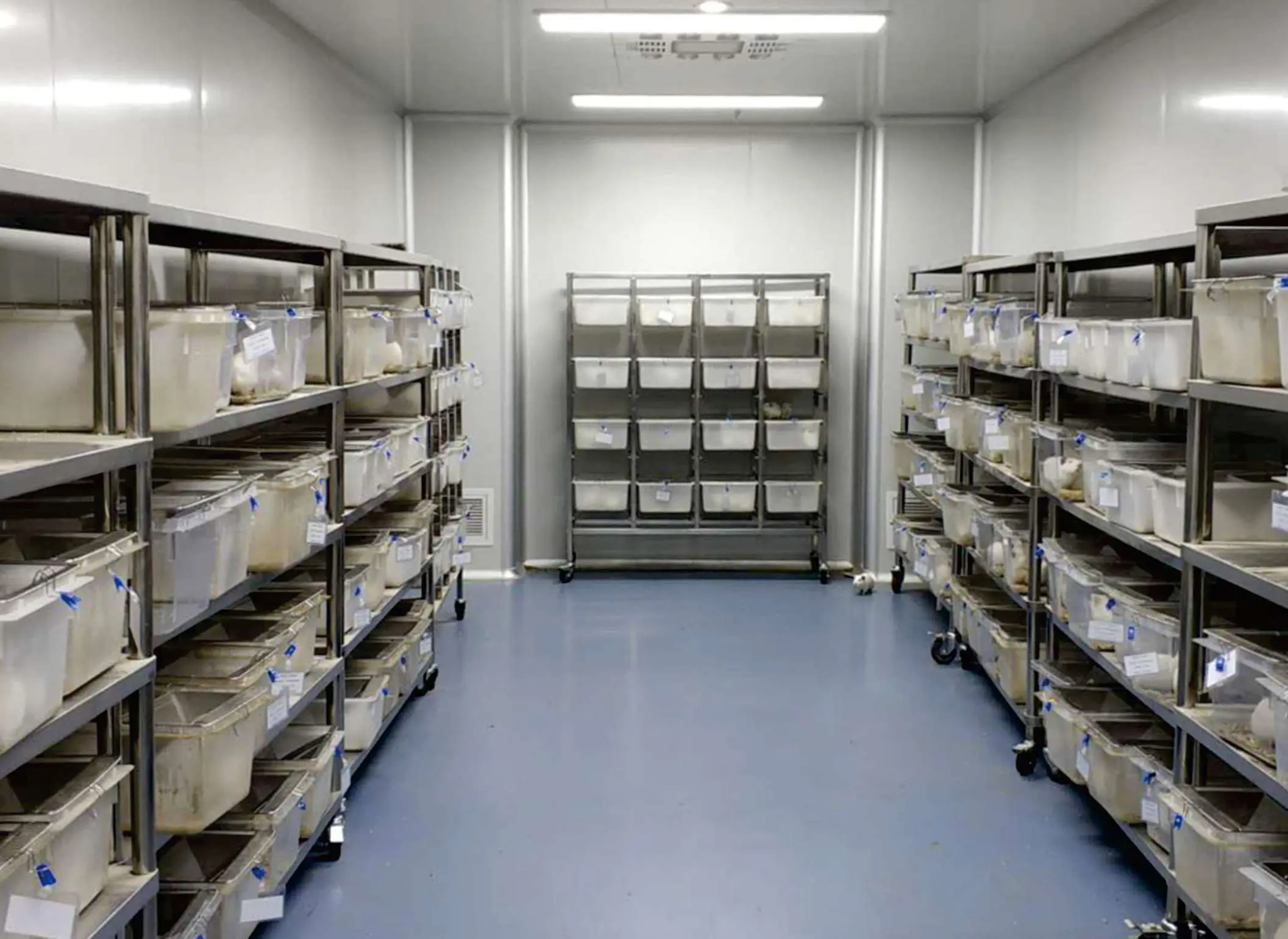
Do All Electronics Need FCC Certification?
Exporting electronics to the U.S. that involve wireless transmission functions, such as Wi-Fi and Bluetooth, requires FCC certification. Amazon's U.S. site mandates that products sold comply with relevant U.S. regulations and standards. Therefore, all electronics entering the U.S. market must undergo FCC certification.

FCC Certification Testing Items
According to FCC requirements, we conduct the following tests on electronic products:
- Transmission Power Test: Tests the product's wireless transmission power to ensure it is within FCC-specified limits.
- Spectrum Scan: Checks the product's frequency range and spectrum usage to prevent interference.
- Radiation Interference Immunity: Tests whether the product operates normally under interference from other radiation sources.
- EMC Test: Evaluates the product's electromagnetic compatibility to ensure it does not interfere with other devices in the electromagnetic environment.
- Safety Regulation Test: Checks whether the product meets safety requirements such as electrical safety and mechanical safety.
FCC Certification Standards
Generally, the FCC categorizes regulated products into two main classes based on their use:
- Class A: Products for business or industrial use.
- Class B: Products for home use. The FCC has stricter regulations and lower limits for Class B products. For most electronic and electrical products, the main standards are fcc part 15 and fcc part 18.
The primary FCC standards are as follows, with FCC PART 15 and PART 18 being widely applicable:
Scope of FCC Standards
1. FCC PART 15 C/E/F: Intentional radiators.
2. FCC PART 18: Industrial, scientific, and medical equipment.
3. FCC PART 22: Public mobile communication services.
4. FCC PART 24: Personal communication services.
5. FCC PART 25: Satellite communication services.
6. FCC PART 27: Other FCC wireless communication services.
7. FCC PART 68: Telecommunication terminal equipment.
FCC Part 15 applies to intentional, unintentional, or incidental radiators that do not require an individual license for use. It includes technical specifications, administrative requirements, and other market entry conditions.
In practice, FCC certification is divided into two main categories: SDoC (Supplier's Declaration of Conformity) and ID. The former controls ordinary (non-wireless) products, while the latter controls products with wireless functions. Simply put, products with wireless functions need fcc id certification, while general powered products require fcc sdoc.
All electronic products sold on Amazon's U.S. site must apply for FCC certification. This is because Amazon's U.S. site requires products to comply with relevant U.S. regulations and standards, and all electronics entering the U.S. market must undergo FCC certification.
What is the Specific Process for FCC Certification?
The specific process for FCC certification includes product testing and report preparation, application filling and submission, fee payment, review, and issuance of the certification. We, as an organization, can provide you with detailed guidance and support.
Can I Continue Selling My Product If It Fails FCC Certification?
According to U.S. law, products that fail to pass FCC certification are not allowed to be sold in the U.S. market. Therefore, we recommend ensuring your product passes FCC certification before selling to avoid legal issues arising from non-compliance.
Email:hello@jjrlab.com
Write your message here and send it to us
 When Can FCC ID Modifications Be Filed?
When Can FCC ID Modifications Be Filed?
 LoRa Certification Testing Laboratory
LoRa Certification Testing Laboratory
 Blood Pressure Monitor Certification Testing Servi
Blood Pressure Monitor Certification Testing Servi
 ECG Device Certification Testing
ECG Device Certification Testing
 Pulse Oximeter Certification and Testing Standards
Pulse Oximeter Certification and Testing Standards
 IVD Medical Device GB 4793:2024 Test Report
IVD Medical Device GB 4793:2024 Test Report
 IECEE CBTL Testing Laboratory for IVD Medical Devi
IECEE CBTL Testing Laboratory for IVD Medical Devi
 China OECD GLP-Certified Laboratory
China OECD GLP-Certified Laboratory
Leave us a message
24-hour online customer service at any time to respond, so that you worry!




